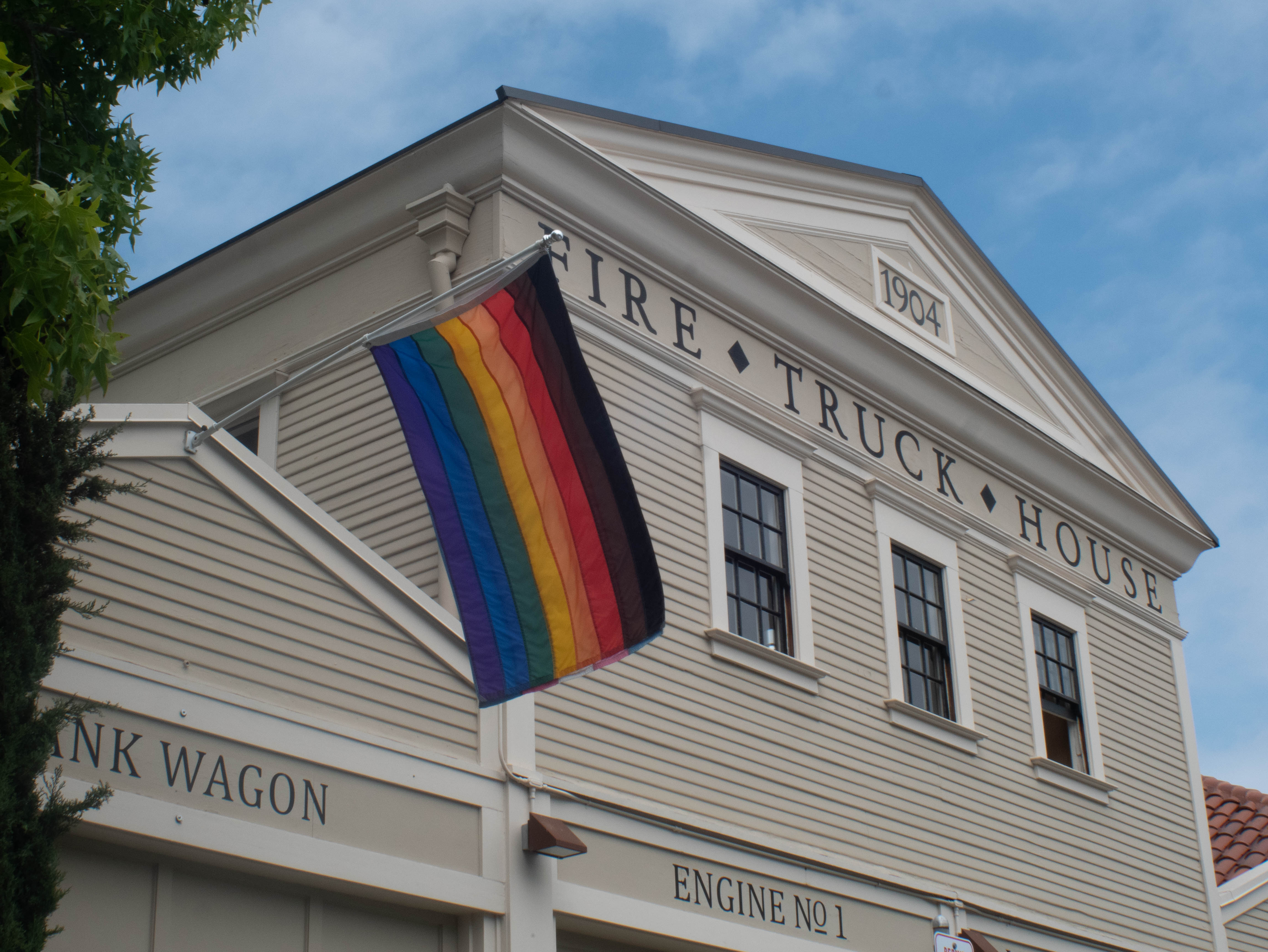COVID-19 has shut and locked the doors of many community spaces. Members of these communities are unable to reach these spaces due to quarantine and shelter-in-place orders. Scheduled events have been canceled and discontinued.
The Women’s Community Center (WCC) is one of these spaces forced to close, but its community has not disappeared in this time of social distancing. Many WCC projects are continuing and events have moved online.
WCC Director Faith Kazmi shared an insight into her thoughts on the temporary closing of the center, which has been located in the Fire Truck House since 1991.
“From being primarily a space-based department where we literally gathered together to provide community, support and resources, we’ve had to adjust our understanding of what community looks like,” Kazmi said. “Not being able to be in our space, and in community with one another physical has been a difficult transition, but one that has reminded us about the importance of connection and compassion.”
While WCC staff and interns are working remotely to continue to fulfill the mission of the WCC, they have found it difficult to reach the same amount of people as they would under normal circumstances.
Sarina Deb ’23, an intern at the WCC and editor at The Daily, described a feeling of loss at being away from the center.
“We usually host events almost every day at the WCC, such as panels on environmentalism or workshops on intersectionality, so we are unable to provide the community with as many opportunities to learn,” Deb said.
The WCC email list continues to fire off email messages, advertising programming by the WCC and other organizations, such as the Sexual Assault and Relationship Abuse (SARA) Office’s Sexual Assault Awareness Month and the Markaz Community Center’s Afternoon Chai. The Femtastic Friday Newletter that normally advertises WCC events has transitioned to advertising general Stanford resources, but the-WCC sponsored podcast “Feminist Voices” continues to publish new episodes.
Scheduled for Thursday is the department’s annual Gender Equity and Justice Summit, traditionally WCC’s focal event for the spring quarter, with a dinner-event that lasts about three hours. Last year the WCC hosted Danica Roem, the first openly transgender person to be elected to and serve in a state legislature.
The Summit’s coordinator, Jenna Jung ’22, doubted her event would be held with the COVID-19 pandemic.
“With the uncertainty of sudden daily changes to Stanford life, it looked like the summit was not going to happen,” Jung said.
But the Summit team found a solution to their physical challenges, making some changes to their original plans. The event has been shortened to only include their keynote speaker, political activist Ericka Huggins, for a conversation and Q&A session.
“Though we could have canceled the summit completely, we wanted to salvage a vital and exciting portion of the event and allow our community to connect with a passionate leader,” Deb says.
The event will still be held on Thursday, now over Zoom.
The virtual nature of WCC programming has brought one benefit: increased accessibility to those not affiliated with Stanford. While the event was and is open to all, it’s no longer limited to those who could physically reach the Firehouse.
“The whole point of this event is to educate, connect, inspire, and care for our community through the amplification of traditionally quieted voices — why limit that?” Jung said.
WCC programming will continue beyond the Summit through the coming weeks.
“There are a number of things on the horizon this quarter, like coffee chats, continued programming women in STEM, graduate women’s book club, yoga, movie nights, among other offerings,” Kazmi said.
Contact Lauryn Johnson at [email protected].
